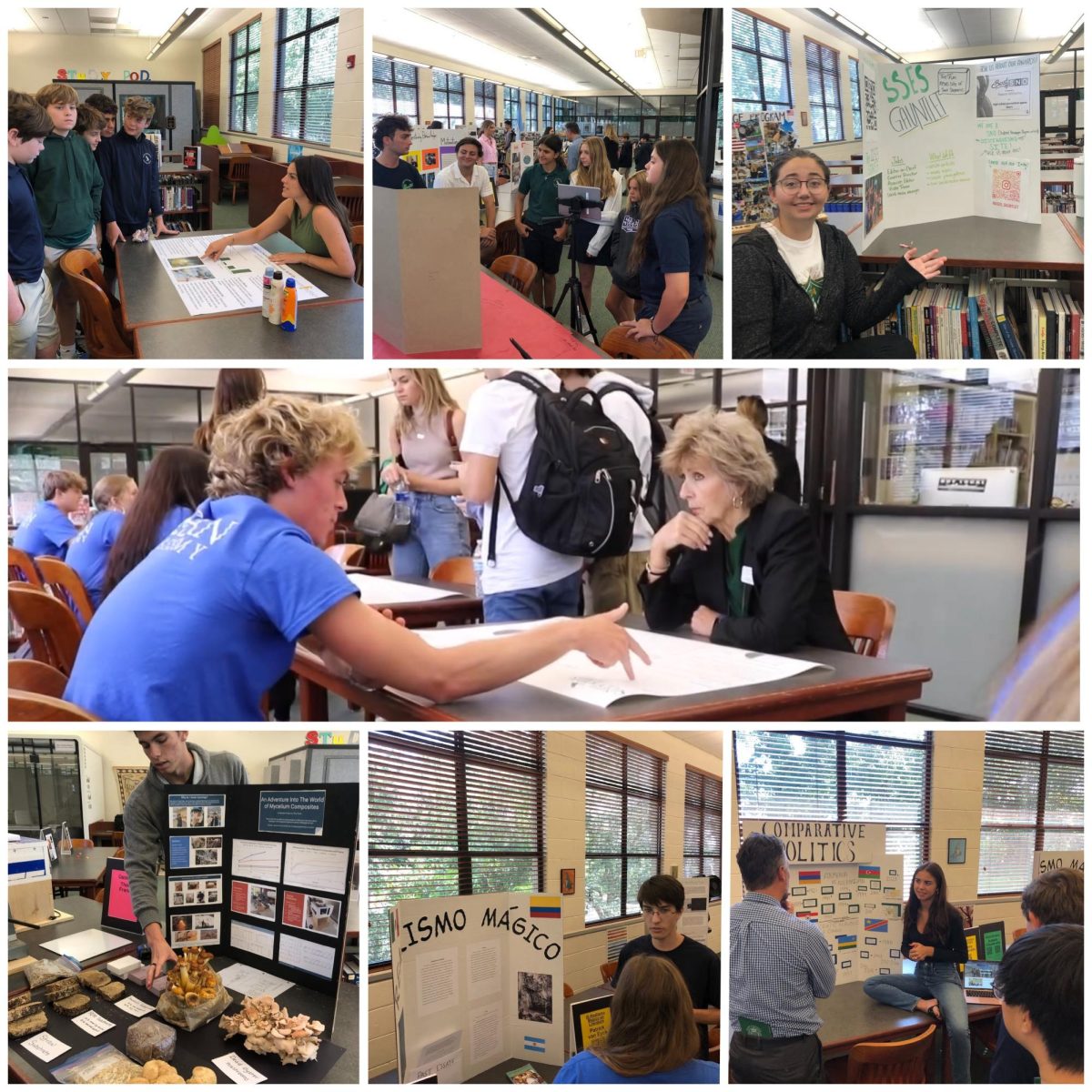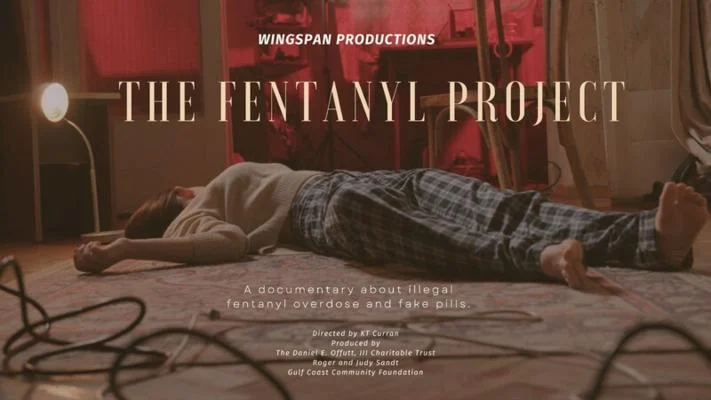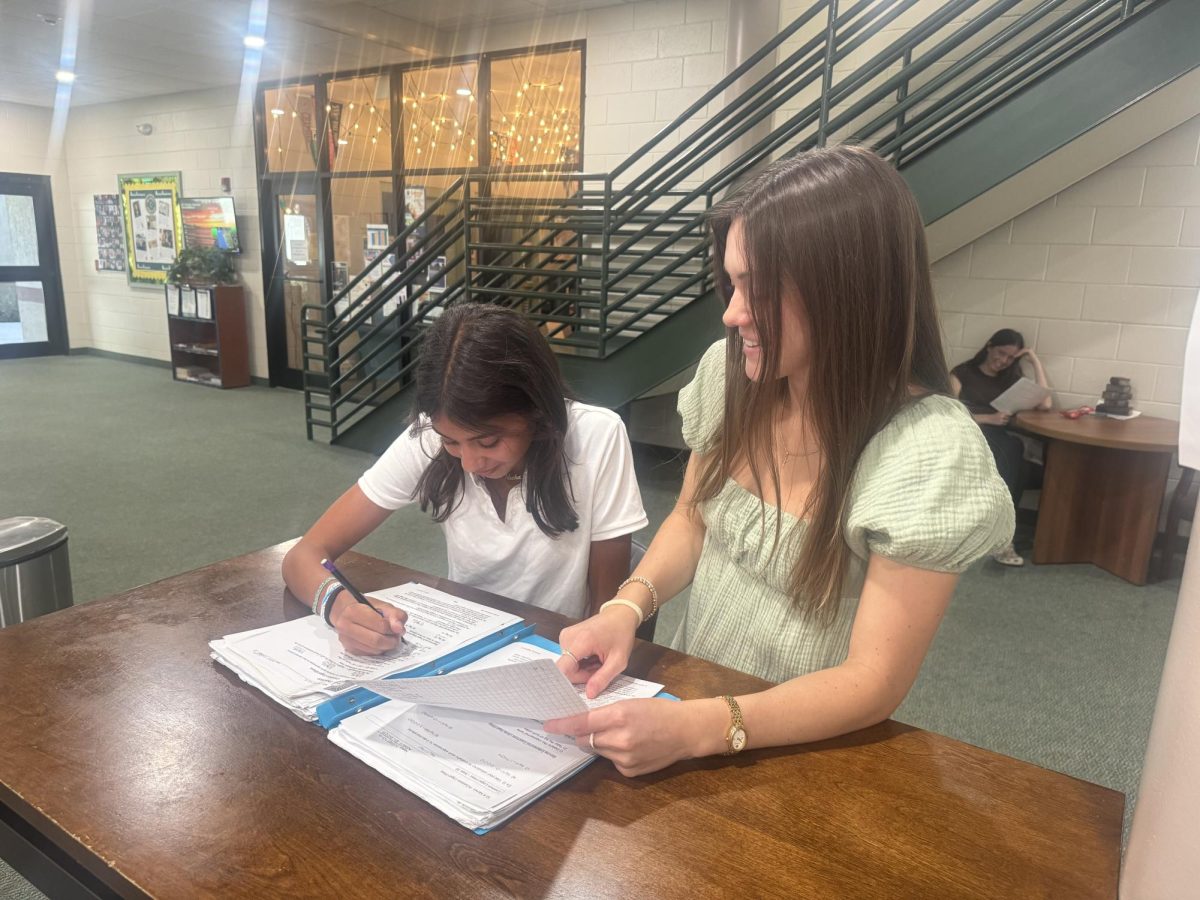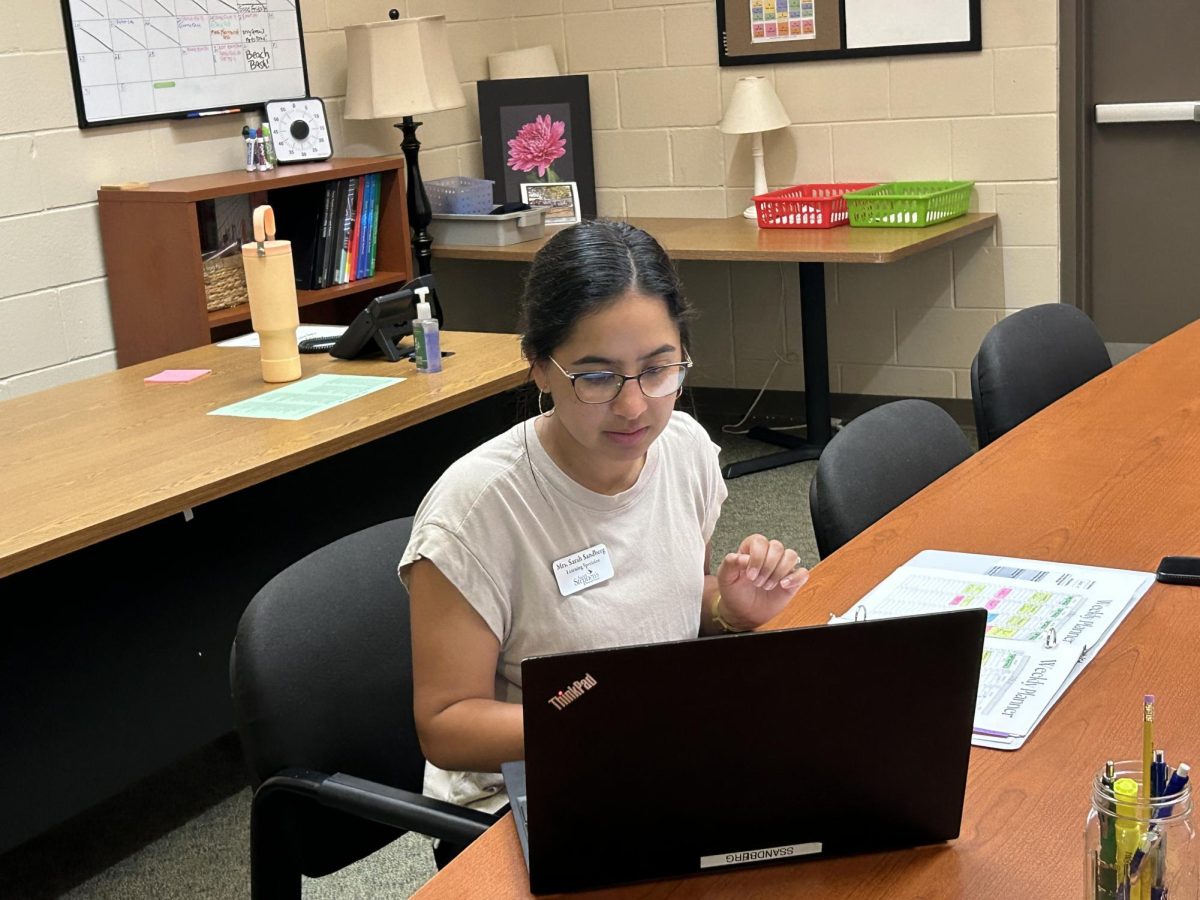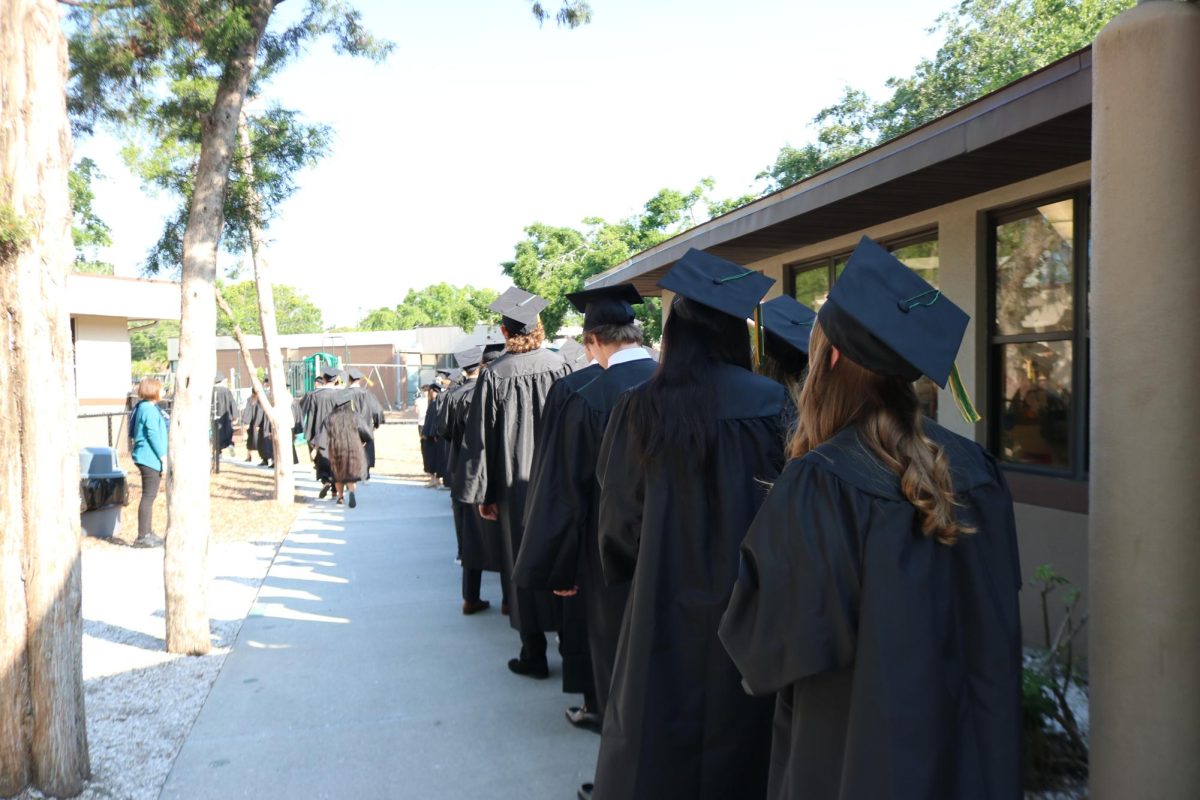If you’re sitting in class struggling to understand the material, and go home feeling lost, there are is a resource that can really, really help. It may be something you’ve heard of, but have been reluctant to take advantage of.
But take my advice: peer tutoring is a powerful way to learn and get better.
Decades of research in education show that effective ways to learn include peer tutoring, online platforms, and project based learning.
But one of those methods– peer tutoring– is more effective than the rest.
According to journalist Madison Coombs from St. John’s University, peer tutoring is a system where students help their classmates with subjects they find challenging. These tutors are usually students who have already taken the class or are currently excelling in it, offering guidance and support to those who need it.
Peer tutoring offers several key benefits:
- It helps deepen your understanding of the subject matter.
- It provides opportunities to form new connections with your tutor and other students.
At Saint Stephen’s, the peer tutoring program is led by History Department Chair Mr. Whelan, the new National Honor Society (NHS) sponsor. He aims to rebuild and expand the program by the 2025-2026 school year, relying on NHS members and other volunteers to lead tutoring sessions.
“Everyone needs help at some point,” Whelan said. “Peer tutors can often explain concepts in ways that are easier for fellow students to understand.”
Peer tutoring at Saint Stephen’s takes two forms: informal help between friends and formal sessions in organized settings like the library. While the program is currently underdeveloped, Whelan’s goal is to create a structured system where any student can seek academic assistance.
Grace Baxendale, a junior and former peer tutor, worked with a freshman who was struggling with their Chinese to English. Grace was contacted by Jill Skardoutos and accepted the opportunity to help. While tutoring, Grace found that the experience not only benefited the student but also helped her reinforce her own understanding of basic Chinese to English concepts. She felt especially proud of the progress her student made through their sessions.
“When I saw my student making progress in her translations, I felt that it was a success,” Baxendale said.
As the peer tutoring program continues to grow, students struggling with difficult subjects hopefully soon will find the support they need—right from their peers.
Students can request to be a tutor or if you need peer tutoring yourself you can either contact Mr Whelan or Mrs Sandeerg the new learning specialist.



